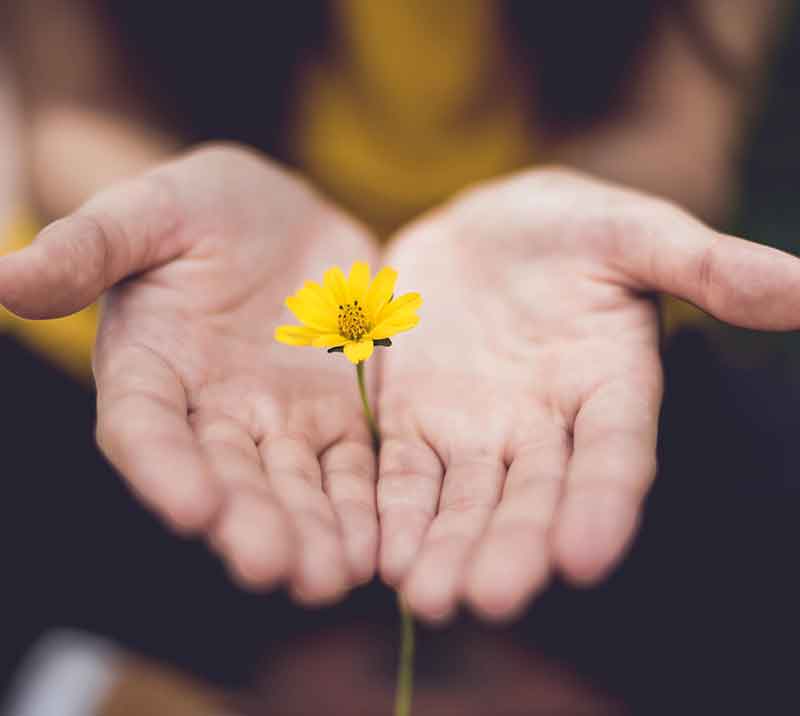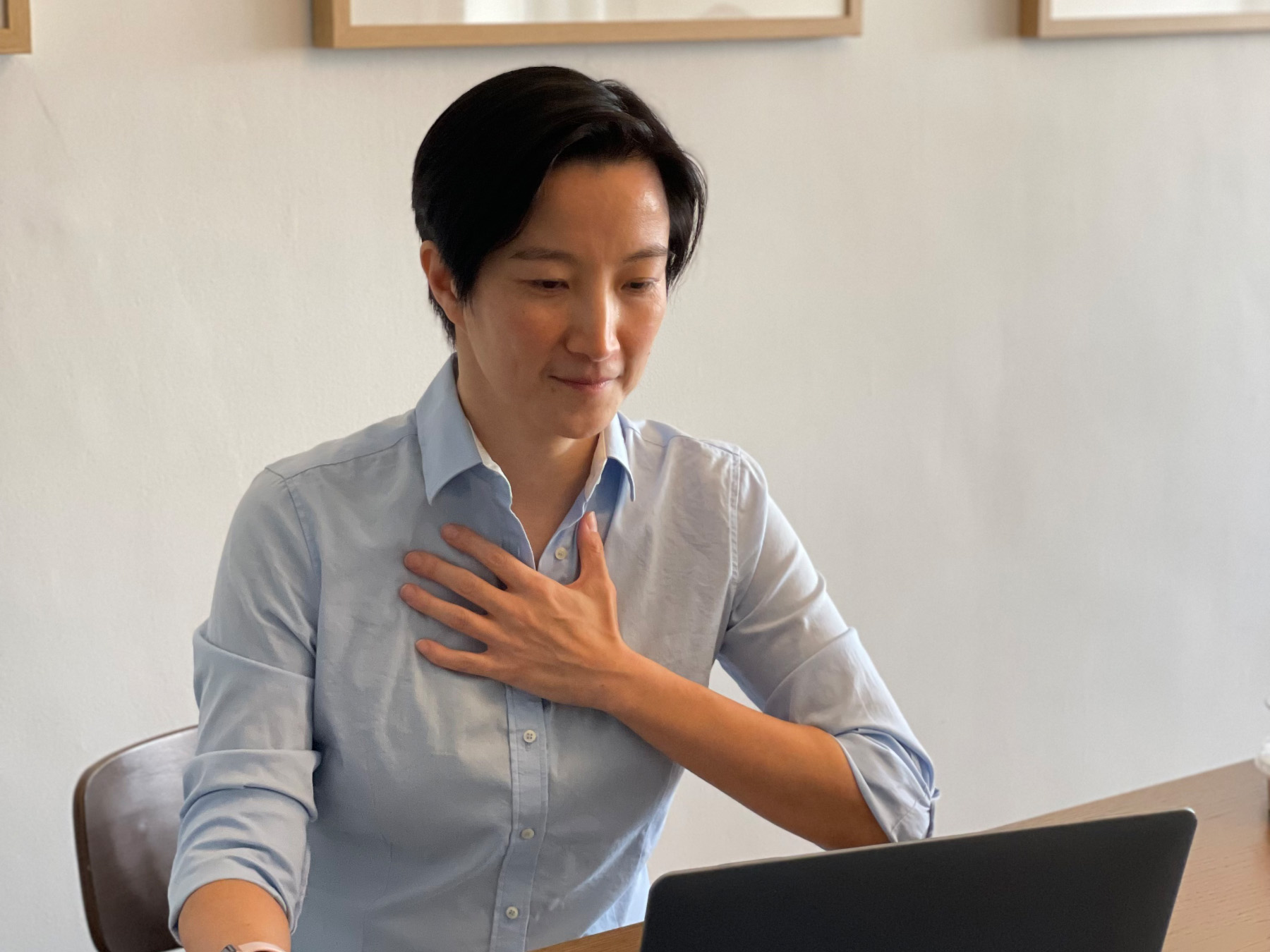What is Mindfulness?
Returning to the present moment, repeatedly
Mindfulness is...
- Seeing things clearly, with a stable mind and heart.
- Paying attention to whatever is here in this moment, internally or externally.
- Watching the monkey mind rather than running with or away from it – by seeing our thoughts and habits, we can learn to respond rather than react.
- A way of ‘training’ the heart and mind to develop curiosity and kindness.
- Balancing between taking care of ourselves while staying awake and responsive to others and our lives.
- Something we already know how to do! We just need to remember!


Mindfulness Practice...
- Is developed through formal practices (such as meditation) and Mindfulness in daily life activities.
- Becomes a way of life, how we pay attention at all times.
- Helps us find calm and stability to see clearly and act with intention.
- Gets us out of our heads, as we repeatedly return to our bodily present moment experience.
- Is guided by the deep intention of care for self and other, and with the aim to reduce our stress and suffering as much as possible.
- Doesn’t have to take a lot of time, but the benefits grow with more time and practice. It’s no different from keeping the body fit and healthy!
- Changes the habits of the brain. These benefits then change our brain structure, through neuroplasticity.
- Has wide-ranging benefits backed by research – see more here and here.
- Originates from centuries-old Buddhist teachings designed to reduce stress and enhance well-being. But you do not have to believe in Buddhism or be religious to practice it!
Mindfulness is not...
- Having a quiet mind and no thoughts – we learn to watch the mind, no matter how it is.
- Only suitable for calm people – even calm people have days when they are not feeling calm and peaceful, so mindfulness is for anyone who wants to learn how to ride the waves of our lives, with its ups and downs.
- Only meditation – we practise meditation, but we learn how mindfulness can applied to and benefit us in our daily lives.

There has been a lot of research done on how effective Mindfulness is. You can read about the results, and the limitations of Mindfulness research here and here.
I have experienced the benefits personally and have read many of the studies about Mindfulness. With my medical background, I am satisfied that there is evidence that Mindfulness works for many people. However, it’s important to look at your unique situation, and to also have suitable guidance from a qualified teacher. It is also not a single solution in itself but part of the toolkit for your well-being, which may also include healthy habits, lifestyle changes and other forms of support.
I have also come across some mixed reports, so do bear in mind that Mindfulness research is not without its limitations. Mindfulness is not as easily and definitively researched as a medical intervention or a drug, simply because its applications are so diverse and outcomes depends on too many factors outside a strict clinical trial setting. It doesn’t mean it doesn’t work, but it does mean that we work with its potential, while understanding the limitations of research.
Mindfulness has been shown to reduce the body’s stress and inflammatory responses in long term meditators. The amygdala, which gets more active during stress, tends to become less active and shows some shrinkage with Mindfulness practice. There have been systematic reviews/meta-analyses that looked at results gathered from many research studies, which concur that Mindfulness programs do show promising results in stress regulation and management.
You can read more here. And here.
Here’s a little more about how Mindfulness can be used to help with stress management – click link.
Find out for yourself!
Learning Mindfulness with Gen is practical, supportive, accessible and applicable to your needs and life situation.
Changing how you relate to your life and challenges has the potential to change your life – start here, start now!




